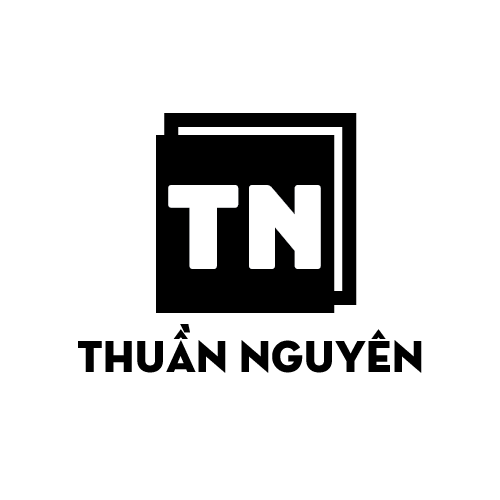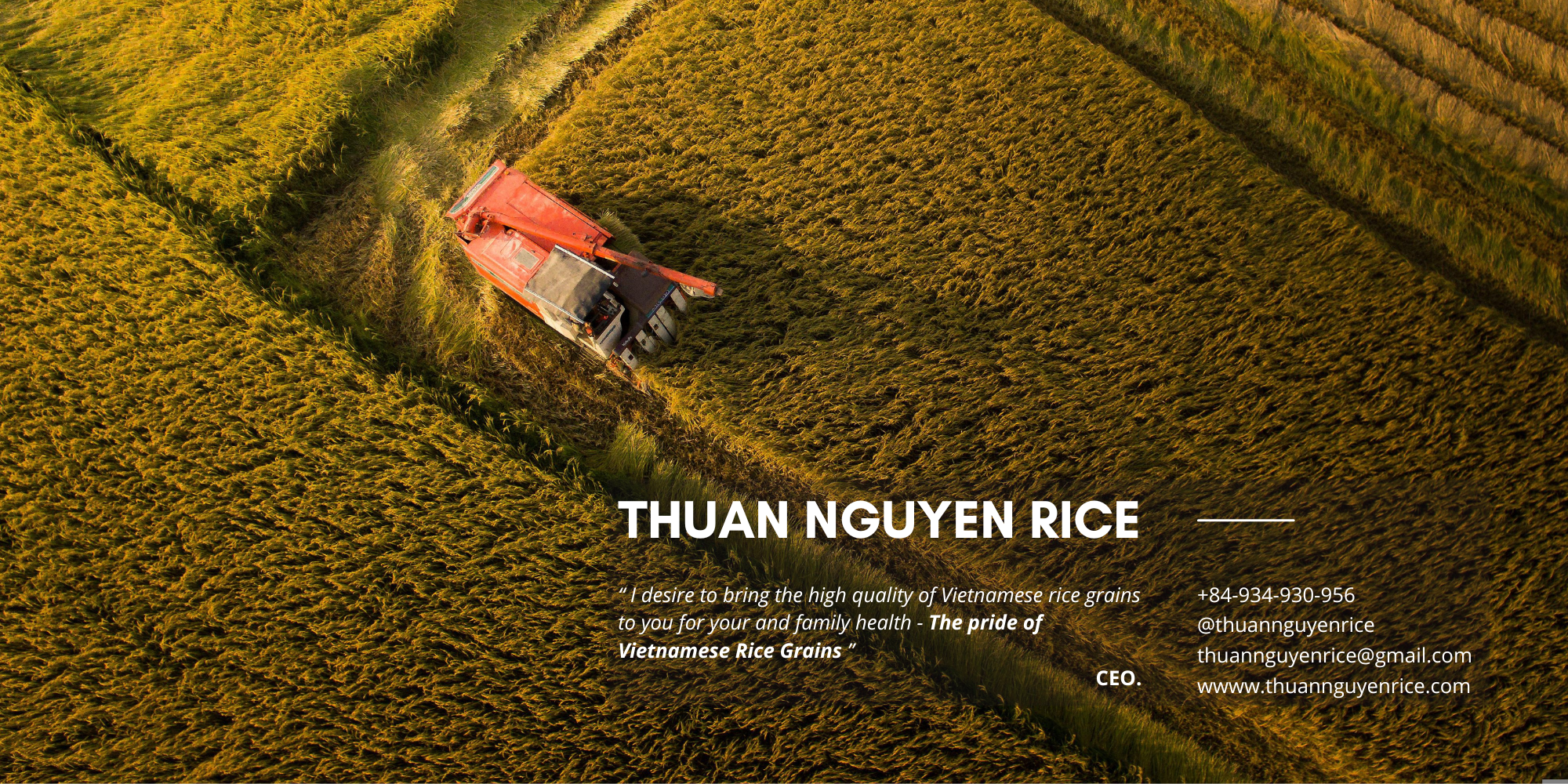
Rice farming, a cornerstone of global agriculture, grapples with multifaceted challenges that necessitate innovative solutions for sustained productivity and the well-being of communities dependent on this vital staple. These challenges span various facets of rice cultivation, demanding a holistic approach to secure a resilient and sustainable future for this critical agricultural sector.
Water scarcity stands out as a formidable challenge in rice farming. The conventional inundation methods contribute significantly to water consumption, exacerbating competition for this precious resource. However, innovative irrigation technologies, including sensor-based systems and drip irrigation, are gaining traction. These technologies optimize water usage, mitigating the impact of water scarcity on rice cultivation.
Climate change poses another pressing challenge, affecting traditional rice varieties and disrupting established crop cycles. The response to this challenge involves the development of climate-resilient rice varieties. Through advanced breeding techniques and genetic modification, researchers strive to create rice plants capable of adapting to diverse environmental conditions, ensuring stable yields despite changing climate patterns.
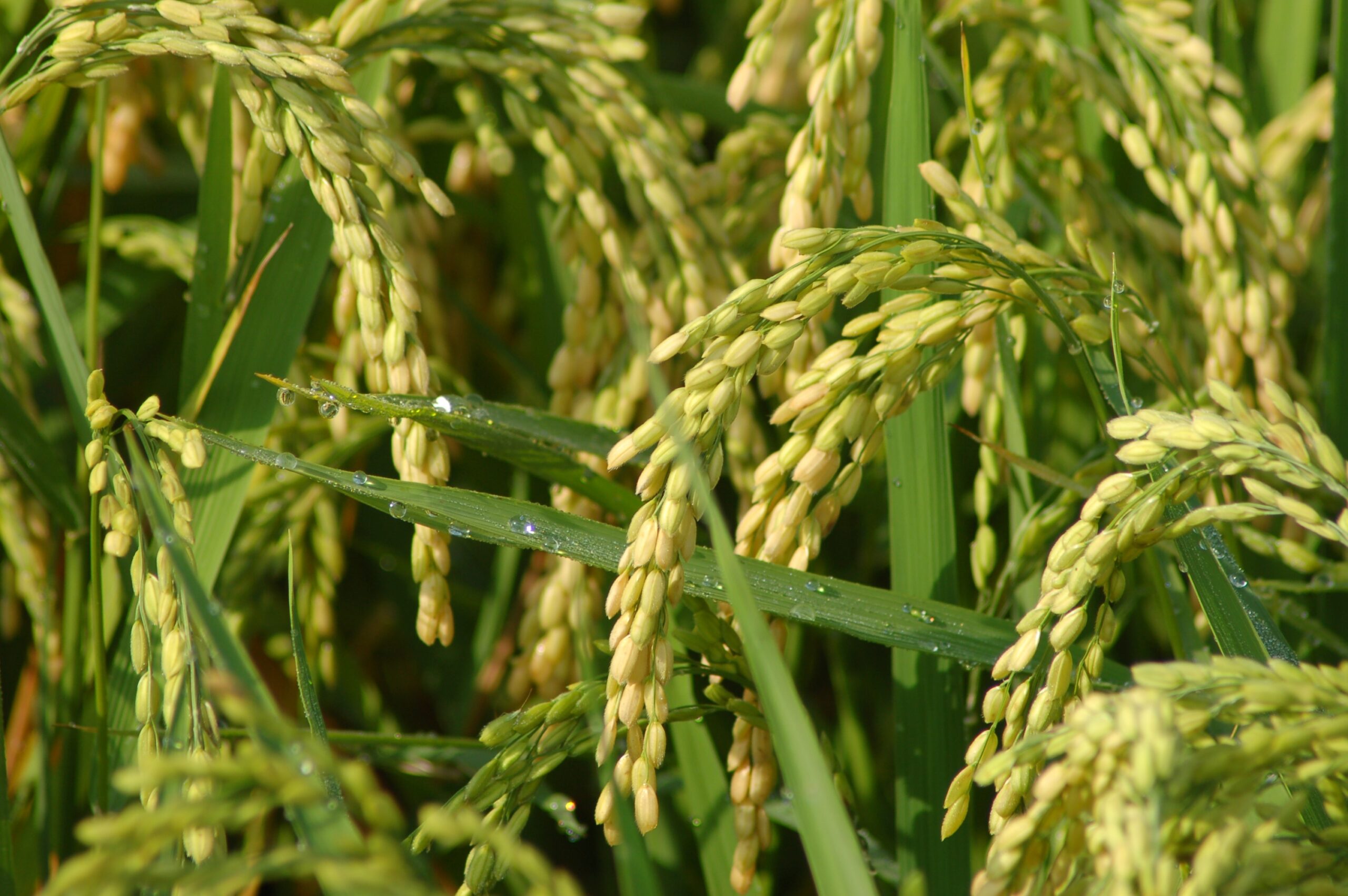
Pest and disease management represent ongoing challenges in rice farming, with the conventional reliance on chemical pesticides raising environmental and health concerns. The shift towards sustainable pest management practices incorporates integrated approaches, leveraging natural predators, biopesticides, and genetically resistant crop varieties to minimize the environmental impact of pest control.
Soil health, a foundation of productive agriculture, faces degradation and erosion challenges in rice farming. Conservation agriculture practices, such as minimum tillage, cover cropping, and agroforestry, emerge as innovative solutions. These practices not only improve soil structure but also mitigate erosion, contributing to long-term soil health.
Labor shortages, a growing concern in traditional rice farming, are being addressed through mechanization. The integration of technologies like rice transplanters and precision seeding equipment aims to improve efficiency and reduce dependence on manual labor, ensuring the sustainability of rice farming practices.
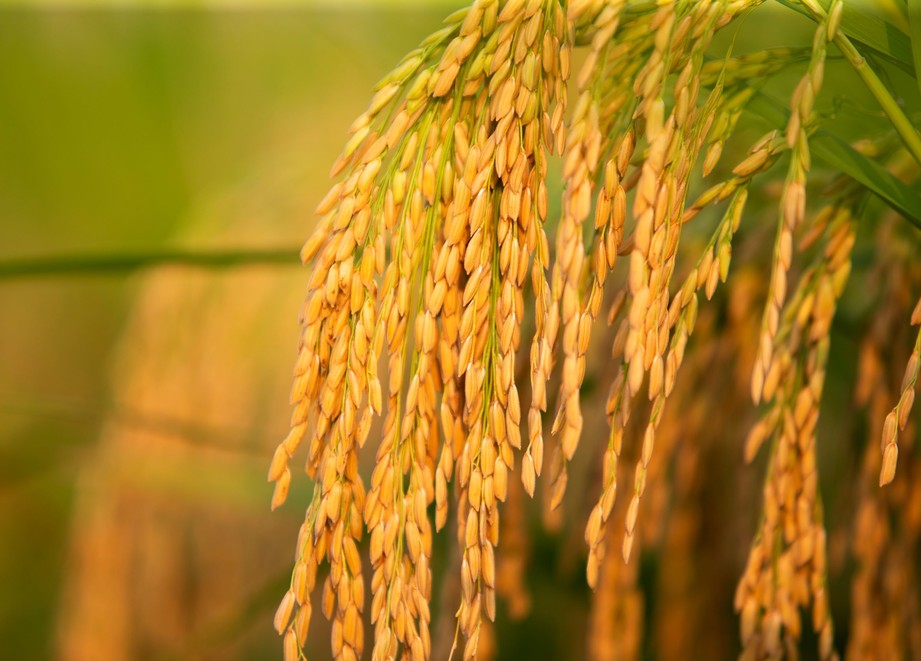
Market access and value chain integration remain critical challenges for rice farmers. Limited access to markets and fragmented value chains hinder the economic viability of rice cultivation. Technology-driven solutions, including mobile apps for market information and blockchain for transparent supply chains, empower farmers and enhance market access.
Sustainable intensification, a complex challenge, involves balancing increased rice production with environmental sustainability. Agroecological approaches, which blend traditional knowledge with modern technologies, offer promising solutions. These approaches promote biodiversity and ecological balance, addressing the dual goals of increased productivity and sustainability.
Digital agriculture and precision farming present opportunities to overcome challenges related to technology adoption in rice farming communities. Precision farming tools, remote sensing, and data analytics optimize decision-making, monitor crop health, and enhance overall farm management practices, contributing to the modernization of rice cultivation.
In conclusion, the challenges and innovations in rice farming underscore the dynamic nature of this essential agricultural sector. The adoption of innovative solutions is pivotal in ensuring the continued success of rice farming globally. As the world’s population grows, these advancements play a crucial role in securing food security, environmental sustainability, and the livelihoods of millions of rice farmers.
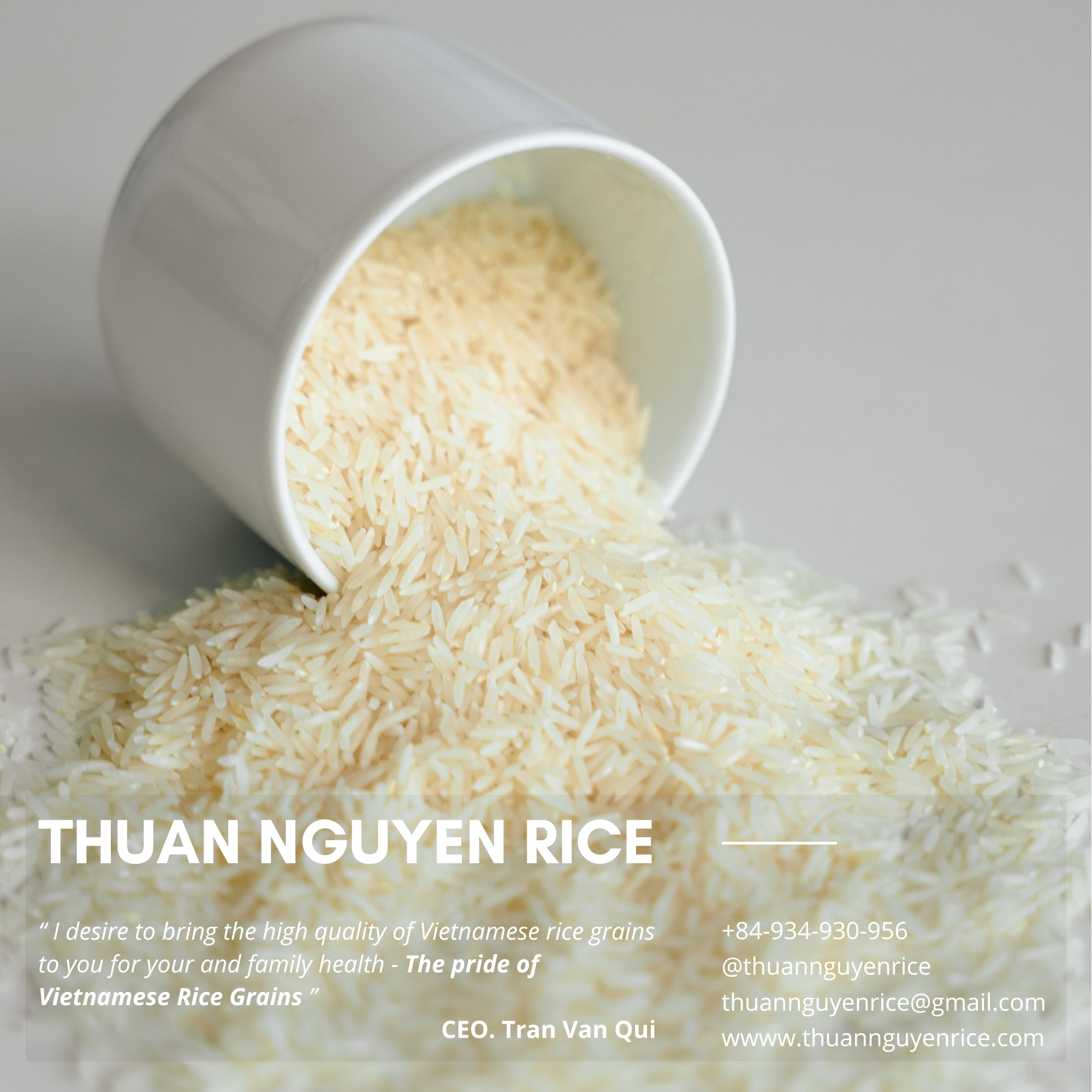
In general, the challenges and innovations in rice farming are not only the concerns of farmers and agricultural businesses. We, as consumers, also play a crucial role in supporting the sustainability of this industry and protecting the environment. Our choices, from how we purchase rice to how we support environmental protection measures, impact agricultural ecosystems and global health.
Therefore, we encourage everyone to join hands in protecting the environment by choosing Thuan Nguyen Rice. Thuan Nguyen Rice is not only a delicious and high-quality choice but also a positive step towards a sustainable rice farming industry. In this way, every bowl of rice you enjoy not only provides a fantastic culinary experience but also contributes to environmental protection and the prosperity of global agriculture.
Let’s together contribute to the journey of environmental protection and promote sustainability in the rice farming industry. By choosing Thuan Nguyen Rice, we not only ensure a stable and quality supply but also contribute to a clean and sustainable future for our planet.
We appreciate your interest in contributing to sustainability and environmental conservation through your support for Thuan Nguyen Rice – a choice synonymous with quality and responsibility.
Address: Thuan Nguyen Rice Company, No 227, Thong Nhat Hamlet, Phu Tho Village, Tam Nong Town, Dong Thap Province, Vietnam.
Phone: (+84) 934 930 956
Email: [email protected]
Get in touch and support us on our sustainable journey!
